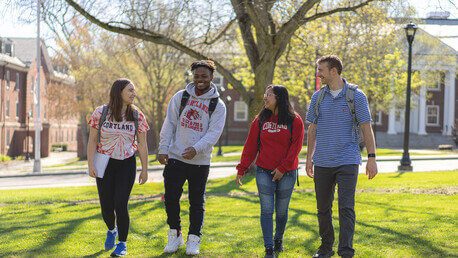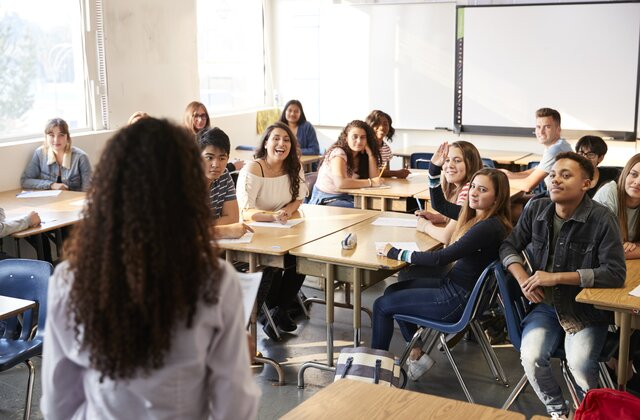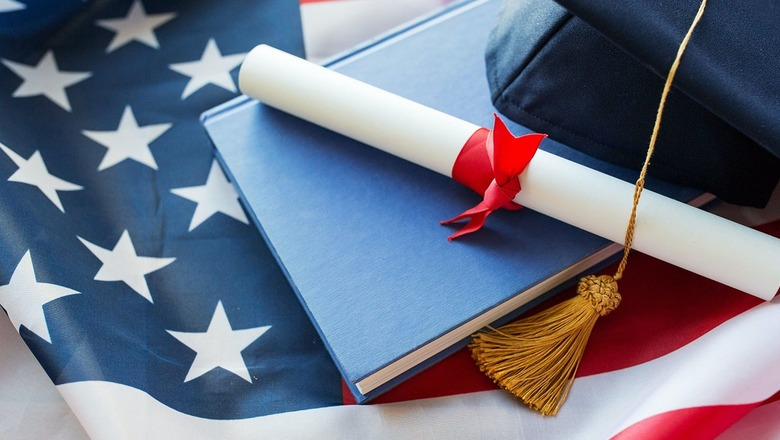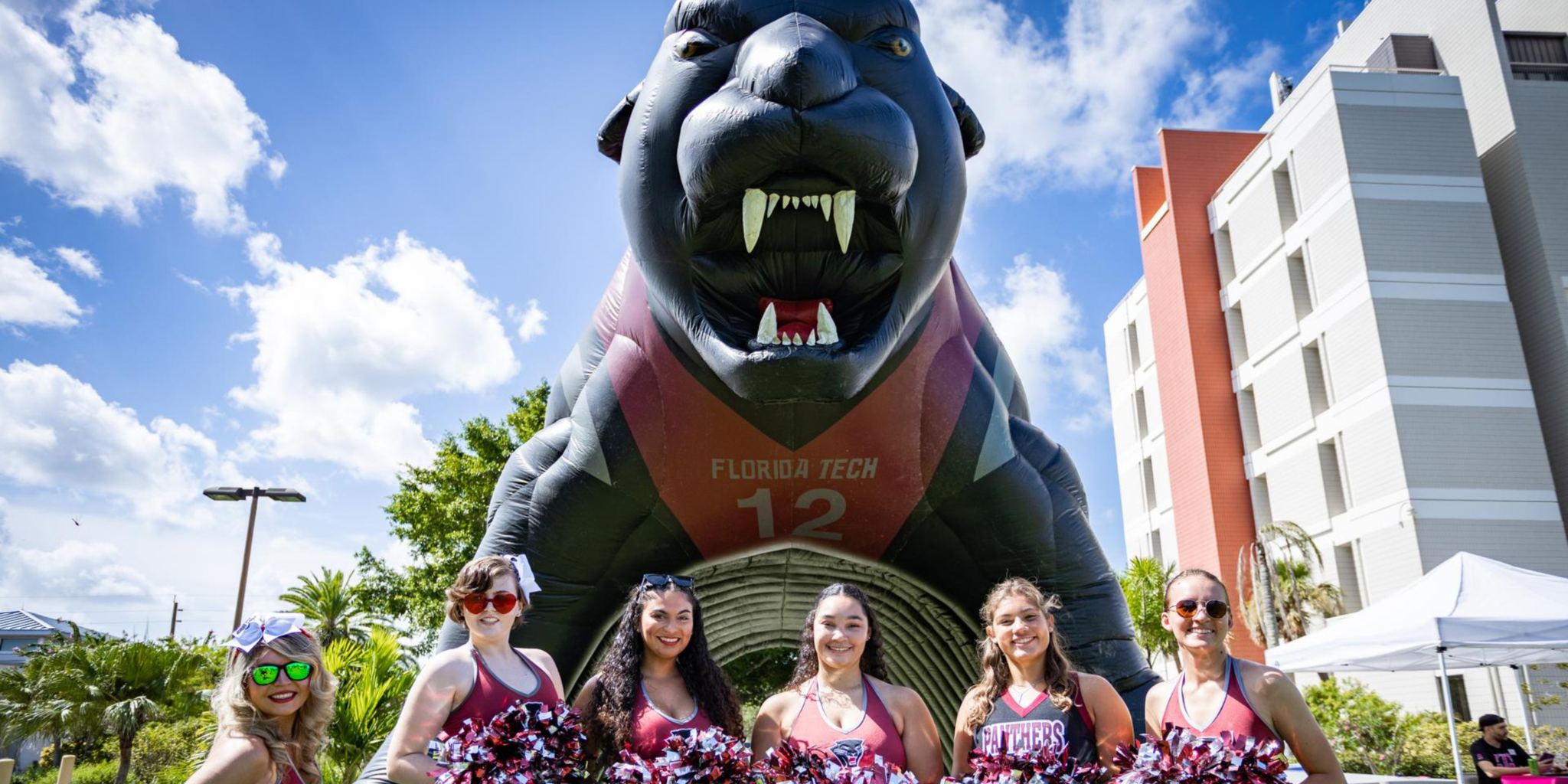An internal cable from the U.S. Department of State—recently leaked to the media—reveals that the U.S. has instructed its embassies and consulates to suspend scheduling new visa interviews for international students, including those applying for F, M, and J visas.
According to the cable dated May 27 and signed by Secretary of State Marco Rubio, the temporary suspension takes effect immediately. The pause aims to prepare for the implementation of a mandatory social media screening process for visa applicants. Interviews that were already scheduled prior to the announcement will still proceed as planned.
Major news outlets such as Politico, The Guardian, and NBC reported that the new procedure will involve a thorough review of applicants’ social media activity—including posts, comments, and shares—on platforms such as Instagram, TikTok, and X (formerly Twitter). The goal is to identify content that could be deemed a potential national security threat.
State Department spokesperson Tammy Bruce declined to confirm the existence of the cable but emphasized that strict visa vetting procedures are standard practice. “We will use all necessary tools to screen individuals entering the country, including students,” she stated.
This move is believed to be part of a broader strategy to tighten immigration controls, especially in light of recent security concerns stemming from protests over the conflict in Gaza. Last week, Secretary Rubio disclosed that the U.S. had revoked thousands of student visas—a sharp increase compared to the 300 cases reported in March.
The suspension comes at a time when U.S. universities are increasingly reliant on international students. According to the National Association of Foreign Student Advisers (NAFSA), more than one million international students studied in the U.S. during the 2023–2024 academic year, contributing approximately $43.8 billion to the U.S. economy.





